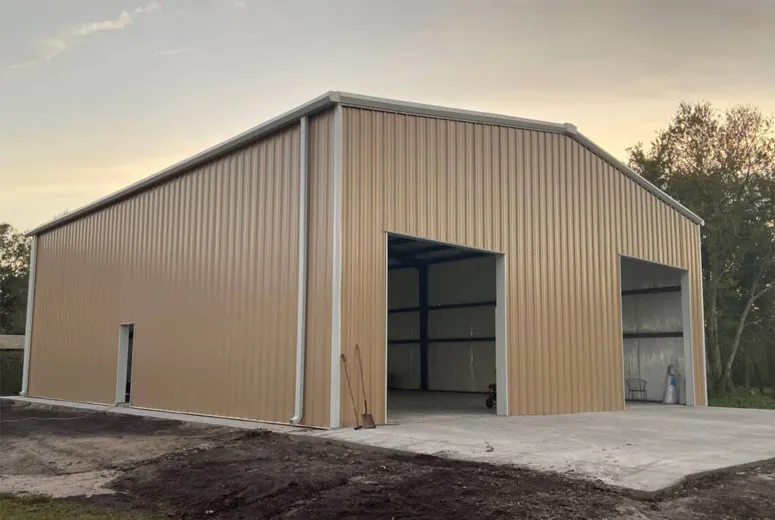- Afrikaans
- Albanian
- Amharic
- Arabic
- Armenian
- Azerbaijani
- Basque
- Belarusian
- Bengali
- Bosnian
- Bulgarian
- Catalan
- Cebuano
- Corsican
- Croatian
- Czech
- Danish
- Dutch
- English
- Esperanto
- Estonian
- Finnish
- French
- Frisian
- Galician
- Georgian
- German
- Greek
- Gujarati
- Haitian Creole
- hausa
- hawaiian
- Hebrew
- Hindi
- Miao
- Hungarian
- Icelandic
- igbo
- Indonesian
- irish
- Italian
- Japanese
- Javanese
- Kannada
- kazakh
- Khmer
- Rwandese
- Korean
- Kurdish
- Kyrgyz
- Lao
- Latin
- Latvian
- Lithuanian
- Luxembourgish
- Macedonian
- Malgashi
- Malay
- Malayalam
- Maltese
- Maori
- Marathi
- Mongolian
- Myanmar
- Nepali
- Norwegian
- Norwegian
- Occitan
- Pashto
- Persian
- Polish
- Portuguese
- Punjabi
- Romanian
- Russian
- Samoan
- Scottish Gaelic
- Serbian
- Sesotho
- Shona
- Sindhi
- Sinhala
- Slovak
- Slovenian
- Somali
- Spanish
- Sundanese
- Swahili
- Swedish
- Tagalog
- Tajik
- Tamil
- Tatar
- Telugu
- Thai
- Turkish
- Turkmen
- Ukrainian
- Urdu
- Uighur
- Uzbek
- Vietnamese
- Welsh
- Bantu
- Yiddish
- Yoruba
- Zulu
Nov . 10, 2024 09:59 Back to list
The Emergence and Evolution of Industrial Building Manufacturers
In the rapidly evolving construction landscape, industrial building manufacturers have emerged as pivotal players driving efficiency, innovation, and sustainability. The transition from traditional construction methods to industrialized processes has redefined how we approach the creation of structures, particularly in sectors such as manufacturing, warehousing, and logistics.
Understanding Industrial Building Manufacturing
Industrial building manufacturing refers to the process of creating structures designed for industrial purposes, using prefabricated components and advanced production techniques. This approach not only streamlines construction but also enhances the quality and consistency of the final product. Unlike conventional building methods, which can often be time-consuming and labor-intensive, industrial building practices enable manufacturers to produce larger quantities of materials off-site, leading to faster on-site assembly.
The Rise of Efficiency
One of the primary benefits of industrial building manufacturing is increased efficiency. By utilizing assembly line techniques, manufacturers can significantly reduce construction timelines. For instance, completing a warehouse that would typically take several months using traditional methods can, with the help of prefabricated components, be accomplished in a matter of weeks. This efficiency is particularly crucial in industries where timelines are tight, such as e-commerce and logistics, where businesses must be able to scale rapidly in response to market demands.
Moreover, the use of modern techniques and technologies, such as BIM (Building Information Modeling) and modular construction, allows for preemptive detection of design issues and potential conflicts. This proactive approach minimizes delays and cost overruns, ensuring that projects remain on schedule and within budget.
Sustainable Practices
Sustainability has become a key consideration in all areas of construction, and industrial building manufacturers are at the forefront of this movement. By embracing eco-friendly materials and practices, they can considerably decrease the environmental impact of their projects. For instance, the use of recycled materials and energy-efficient designs helps reduce resource consumption throughout the building’s lifecycle.
industrial building manufacturer

Additionally, the modular construction method minimizes waste during building processes. Instead of cutting materials on-site, components are manufactured in controlled environments, where manufacturing waste can be more effectively managed and recycled. This shift not only reduces the environmental footprint but also aligns with the increasing regulatory pressures and societal expectations for sustainable development.
Customization and Flexibility
Another significant advantage of industrial building manufacturing is the ability to customize designs to meet specific client needs. With the advent of advanced manufacturing technologies, such as 3D printing and CNC (Computer Numerical Control) machining, industrial buildings can be tailored to accommodate unique specifications. This is particularly vital in industries such as pharmaceuticals, food processing, and technology, where operational requirements can vary greatly.
Moreover, these buildings can be designed with flexibility in mind, allowing businesses to easily modify their spaces as needs evolve. For example, facilities can be designed with expandable sections or adjustable floor plans, ensuring they remain functional and relevant as market demands change.
The Future of Industrial Building Manufacturing
Looking forward, the outlook for industrial building manufacturers remains promising. As technology continues to advance, there will be even greater opportunities for innovation in the field. The integration of artificial intelligence and robotics into the manufacturing process will enhance precision and efficiency, while also allowing for the creation of increasingly complex and customized structures.
Furthermore, as global economic conditions shift and industries face new challenges, the need for adaptable and sustainable industrial spaces will only intensify. Manufacturers that are able to leverage new technologies and embrace sustainable practices will be well-positioned to meet the needs of a diverse range of industries.
In conclusion, industrial building manufacturers play a crucial role in shaping the future of construction. By prioritizing efficiency, sustainability, and customization, they are not only transforming how industrial buildings are made but also setting new standards for the industry as a whole. As we navigate the challenges of a rapidly changing world, the contributions of these manufacturers will undoubtedly be instrumental in fostering resilient and sustainable industrial infrastructures.
-
How Do Prefabricated Steel Structures Transform Modern Construction?
NewsJul.14,2025
-
How Do Prefabricated Metal Buildings Redefine Modern Construction?
NewsJul.14,2025
-
How Do Prefab Insulated Metal Buildings and Steel Structures Revolutionize Modern Construction?
NewsJul.14,2025
-
How Do Pre - Engineered Steel Structures Redefine Modern Construction?
NewsJul.14,2025
-
Advancing Modular Construction with Prefabricated Metal Structures
NewsJul.14,2025
-
Advancing Industrial Infrastructure with Prefabricated Steel Solutions
NewsJul.14,2025
Products categories
Our Latest News
We have a professional design team and an excellent production and construction team.












